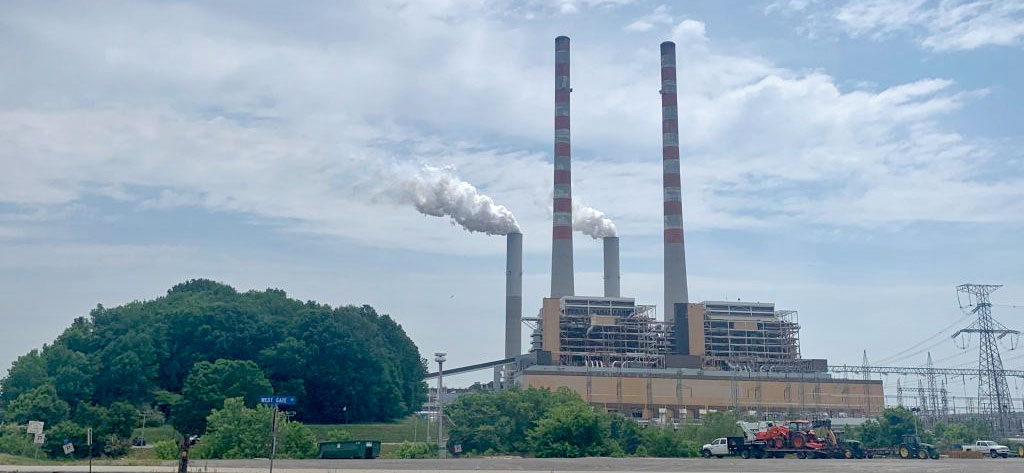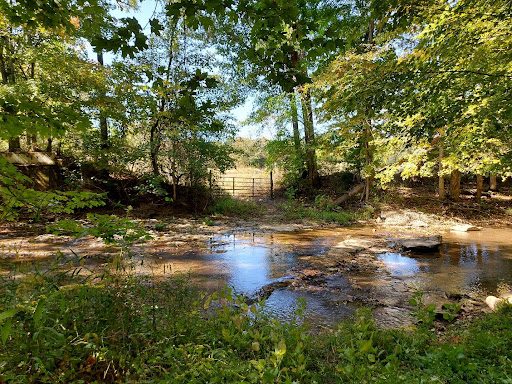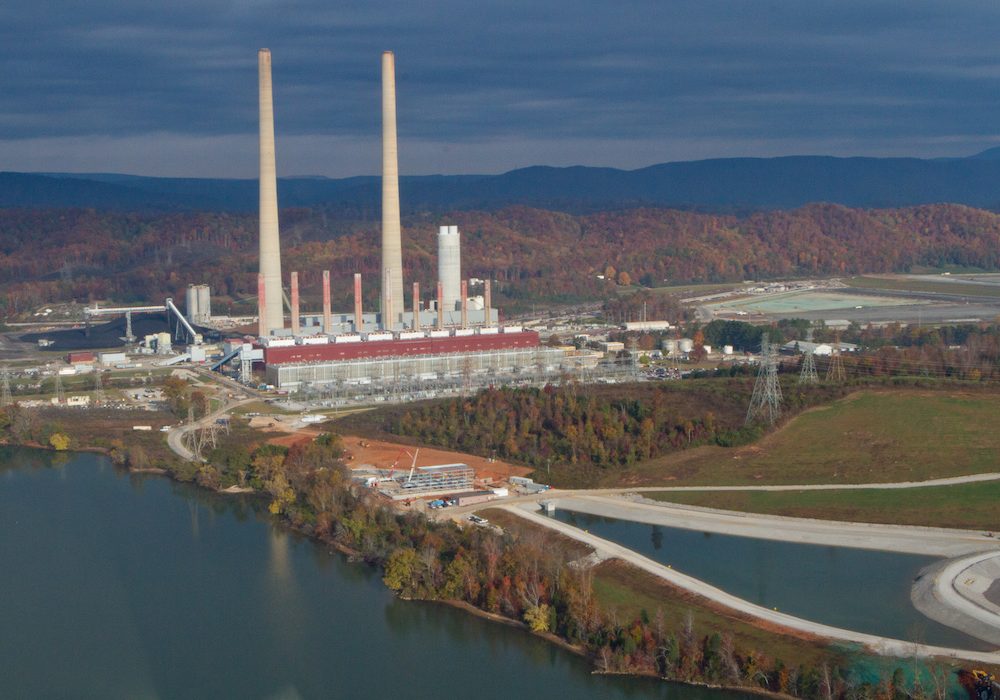Gas Buildout in Tennessee

Two proposed projects in Tennessee would replace coal-fired power plants with fracked methane gas and add nearly 160 miles of pipelines to the state, despite increasing calls for energy choices that would combat the climate crisis.
The Tennessee Valley Authority, the nation’s largest federally owned electric utility, currently has the second largest methane gas buildout of any utility in the country at 5,000 megawatts. Methane gas derived from hydraulic fracking is 80 times more potent a greenhouse gas than carbon dioxide over a 20 year period.
In addition to contamination and health impact concerns, increasing reliance on fracked gas could further increase the energy burden on low-income residents throughout the Tennessee Valley. TVA has already increased electricity bills significantly this year — that trend would continue if the gas buildout is approved, leaving communities burdened with increased pollution, fewer jobs and higher electric bills.
Even the U.S. Environmental Protection Agency has raised serious concerns about TVA’s proposal.
Cumberland Project
In early 2023, Tennessee Valley Authority CEO Jeff Lyash announced a decision to replace the Cumberland Fossil Plant with a 1,450 MW gas plant and a new pipeline that would carry fracked gas through three counties in middle Tennessee.
The proposed 32-mile pipeline, which would be built by gas giant Kinder Morgan, would cut a path through more than 130 wetlands and streams, and also cross a karst limestone terrain, which is highly erodible and contains many cracks and fissures. The project could present threats to drinking water, recreation and aquatic life in the region.
The pipeline would cross through Dickson, Houston and Stewart Counties in Tennessee, where, according to Tennessee’s Department of Environment and Conservation, there are threatened and endangered species of plants and animals. Some of these include the golden eagle, little blue heron, gray bat, Indiana bat, Price’s potato bean, the hellbender and the alligator snapping turtle.
Kinder Morgan’s plans would also place numerous historical lands and homes in or near the impact or evacuation zone of the methane gas pipeline, including cultural sites like the Promise Land Heritage area and the historic Cumberland Furnace community as well as several Century Farms.
Appalachian Voices is supporting area residents who are concerned about the impacts of TVA’s gas plans on their health, land and local environment.

More on the Cumberland Plant gas buildout
Kingston / Ridgeline Expansion Project

TVA is shutting down the coal-powered Kingston Fossil Plant in Harriman, Tennessee, because it is no longer cost-effective or reliable. The utility currently favors expensive methane gas as a replacement, which would require building a new, 122-mile pipeline to bring the gas to the plant.
The proposed 122-mile Ridgeline Expansion Project would be owned and operated by Enbridge Inc., a multinational pipeline giant based in Canada. The pipeline would cross an estimated 550 waterways, threatening drinking and farming water for nearby rural communities.
If constructed, it would carry the methane gas through eight Tennessee counties. In Jackson County, the pipeline would cut through Fort Blount, which is on the National Register of Historic Places, the Flynn Creek Impact Crater, which is one of the best-preserved ancient impact craters on earth, and possibly Indigenous historic sites, as records indicate their presence near the pipeline route.
Concerns about public safety include the threats of explosion, like the 2018 explosion of Enbridge’s existing pipeline in Smith County. Another Enbridge gas pipeline exploded in 2019 in Kentucky, tragically killing one woman, injuring six people and destroying five homes. The risks to neighboring communities are long-term, while any positive economic progress through pipeline jobs would be mostly temporary.
Appalachian Voices is closely monitoring this situation and has already helped area residents submit comments to FERC expressing concern about the pipeline’s potential impact on these sites and others.
More on the Kingston / Ridgeline Expansion Project
Get Involved
If you’d like to become more involved in this work, reach out to our Tennessee team at tn@appvoices.org and check out our coalition work fighting these gas buildout projects in Tennessee.
